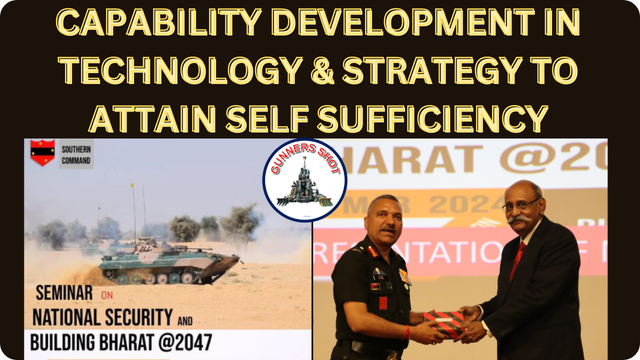The capability trap: Nobody ever gets credit for fixing problems that never happened
Here is a summary of the key points about the capability trap, from the article “Nobody ever gets credit for fixing problems that never happened: creating and sustaining process improvement”.
What is the capability trap?
- Many companies invest heavily in process improvement programs, yet few efforts actually produce significant results. This is called the “improvement paradox”.
- The problem lies not with the specific tools, but rather how the introduction of new programs interacts with existing organizational structures and dynamics.
- Using system dynamics modeling, the authors studied implementation challenges in depth through over a dozen case studies. Their models reveal insights into why improvement programs often fail.
Core causal loops
- The “Work Harder” loop – managers pressure people to spend more time working to immediately boost throughput and close performance gaps. But this is only temporary.
- The “Work Smarter” loop – managers encourage improvement activities which enhance process capability over time for more enduring gains, but there is a delay before benefits are seen.
- The “Reinvestment” reinforcing loop – successfully improving capability frees up more time for further improvement. But the reverse vicious cycle often dominates instead.
- The “Shortcuts” loop – facing pressure, people cut corners on improvement activities which temporarily frees up more time for work. But this gradually erodes capability.
The capability trap
- Short-term “Work Harder” and “Shortcuts” decisions eventually hurt capability and require heroic work efforts to maintain performance, creating a downward spiral.
- However, because capability erodes slowly, managers fail to connect problems to past decisions and blame poor worker motivation instead, leading to a self-confirming cycle.
- Even improvement programs just increase pressure and drive more shortcuts, making stereotypes and conflicts worse. This “capability trap” causes programs to fail.
The “capability trap” refers to the downward spiral organizations can get caught in, where attempting to boost performance by pressuring people to “work harder” actually erodes process capability over time. This trap works through a few key mechanisms:
- Facing pressure, people cut corners and reduce time spent on improvement activities in order to free up more time for immediate work. This temporarily boosts throughput.
- However, this comes at a cost of gradually declining process capability, as less time is invested in maintenance, training, and problem solving.
- Capability erosion then reduces performance, widening the gap versus desired performance levels.
- Managers falsely attribute this to poor motivation or effort from the workforce. They lack awareness of the capability trap dynamics, and the delays between pressing people to “work harder” and the capability declines that eventually ensue.
- Management increases pressure further, demanding heroic work efforts, which causes workers to cut even more corners. This spirals capability downward while confirming management’s incorrect attribution even more.
Key takeaway for learning leaders
Learning leaders must understand the systemic traps identified in the article that underly failed improvement initiatives and facilitate mental model shifts. This help build sustainable, effective learning programs to be realized through productive capability-enhancing cycles.
Key takeaway for immunization leaders
It is reasonable to hypothesize that poor health worker performance is a symptom rather than the cause of poor immunization programme performance. Short-term decisions, often responding to top-down targets and donor requirements, hurt capability and require, as the authors say, “heroic work efforts to maintain performance, creating a downward spiral.” Managers then incorrectly diagnose this as a performance problem due to motivation.
How to escape the capability trap
The key to avoiding or escaping this trap is therefore shifting the mental models that reinforce the incorrect attributions about motivation. Some ways to do this include:
- Educating managers on the systemic structures causing the capability trap through methods like system dynamics modeling
- Allowing time for capability-enhancing improvements to take effect before judging performance
- Incentivizing quality and sustainability of throughput rather than just short-term volume alone
- Seeking input from workers on the barriers to improvement they face
With awareness of the structural causes and delays, managers can avoid erroneously attributing blame. Patience and a systems perspective are critical for companies to invest their way out of the capability trap.
- Shift mental models to recognize system structures leading to the capability trap, rather than blaming people. Then improvement tools can work.
- A useful example could be system dynamics workshops that achieved this shift and enabled successful programs, dramatically enhancing performance.
Reference
Repenning, N.P., Sterman, J.D., 2001. Nobody ever gets credit for fixing problems that never happened: creating and sustaining process improvement. California management review 43, 64–88. https://doi.org/10.2307/41166101
Illustration: The Geneva Learning Foundation Collection © 2024
Share this:
#capabilityDevelopment #HR #processImprovement #TotalQualityManagement
